Resolution #154
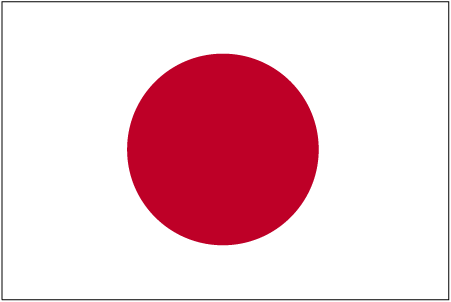 |
The question of combating poverty in elderly populations |
| Committee: ECOFIN | |
| Main Submitter: Japan | |
| Submitted: 01/04/2022 16:51 |
| Status |
|---|
| Passed cosubmitter sheet validation |
| Approved by approval panel |
| Selected for debate by secretariat |
| Can be debated in committee (ECOFIN) |
Options
Co-submitters
 | South Korea |
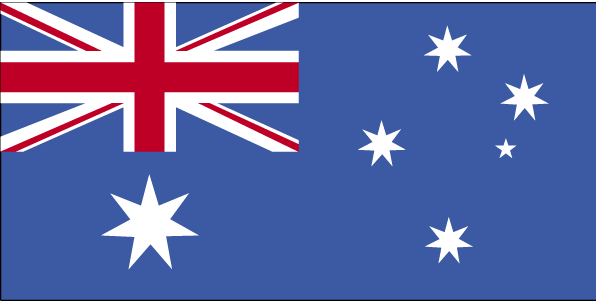 | Australia |
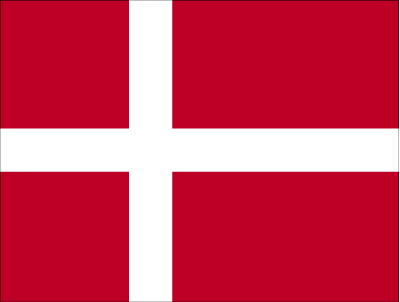 | Denmark |
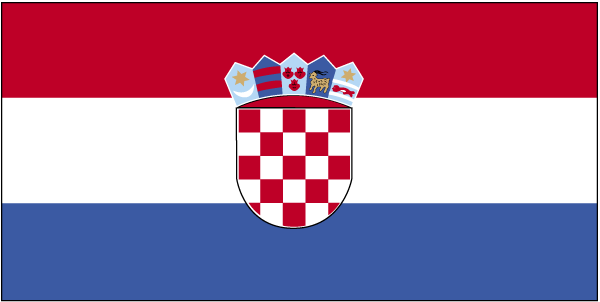 | Croatia |
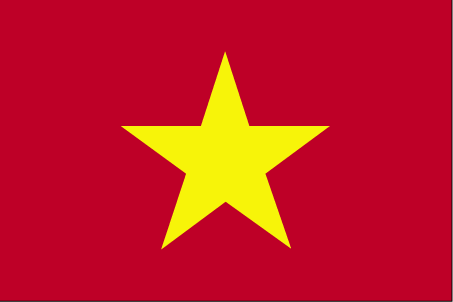 | Vietnam |
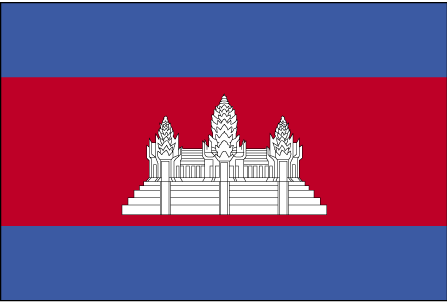 | Cambodia |
 | Canada |
Resolution
Committee: ECOSOC
TQO: Combating poverty in elderly populations
Main submitter: Japan
Co-submitters: South Korea, Australia, Vietnam, Cambodia, Croatia, Canada, Denmark
THE ECONOMIC AND SOCIAL COUNCIL,
Defining an elder as, according to its 2015 Department of Economic and Social Affairs programme on ageing report, a person over the age of 60 years old,
Emphasising the estimation point towards those aged 60 and over will account for 21% of the population by 2050,
Acknowledges that accurate statistics on global poverty in elderly populations is difficult to access as most information is in relation to individual countries,
Recognising the fact that old aged women are significantly more at risk of poverty than old aged men,
Bearing in mind that the Department of Economic and Social Affairs is already involved with similar issues,
Deeply concerned by the statistics which display that risk of poverty increases significantly with age in OECD nations with it being on average 14.7% for over 60 year olds,
1. Calls for the creation of a committee to monitor the wellbeing of the growing elderly
population globally named; the United Nations Yearly Organisation to Underpin Neglected Generations (UNYOUNG), who will work with the Department of Economic and Social Affairs (DESA) and other relevant NGO's, member nations who join this committee will meet biennially in the DESA headquarters in New York with aims such as, but not limited to;
a. Informing member nations how to combat poverty most effectively in elderly populations,
b. Update the advice as circumstances change,
c. Discuss the question of how to support the rising number of dependents in the global economy,
d. Creating schemes in order to combat these issues and discussing progress made by member nations on the reports made by UNYOUNG;
2. Requests that, in conjunction with the World Health Organisations (WHO), The World Bank as well as relevant NGOs, intervention into healthcare targeted at elders be made in developing countries in order to prevent premature and preventable deaths to vulnerable peoples, this would include;
a. Treatment for widespread diseases in developing countries such as HIV/AIDS
b. Making vaccines readily available to the elderly population in order to protect them from prominent viruses such as COVID-19, Tuberculosis and Malaria
c. Making nutritious food readily available for elderly populations as malnutrition can often lead to immunodeficiency which leaves, specifically elderly people, more susceptible to disease
d. Increased health coverage for non-communicable diseases such as cancer;
3. Urges the world bank to work in conjunction with the UNYOUNG to make funding available through low interest loans and grants to LEDCs to help assist the elderly in ways such as but not limited to;
a) Establish nursing homes and end of life care facilities
b) Fund mobility assistance mechanisms such as walkers and mobility scooters in order to lower the cost of these and other devices that may be required by elderly populations
e) Supporting monetary aid given to households below a certain annual income bracket transferred on a monthly basis;
4. Encourages the creation of a mass media campaign overseen by the UNYOUNG and DESA to inform the public on subjects relating to poverty in elderly populations such as but not limited to;
a) Statistics found by the UNYOUNG on poverty rates
b) Dangers faced by elderly populations living in poverty
c) How individuals especially in MEDCs can help combat this issue;
5. Calls for a prioritisation of war torn countries, such as Ukraine or Yemen, who are struggling from widespread poverty. These countries can be assisted by:
a. Sending care packages to struggling families.
b. Assisting in the evacuation of citizens if possible.
c. Attempting to solve disputes by peaceful matters and communication;
6. Suggests UNYOUNG to work in conjunction with member nations to help the older generation to receive their pension safely and securely.
a) This aims transport and safely and securely distribute the pension checks to the people who are unable to collect their pensions due to living in remote areas
b) This service will be operated by national security officials alongside a UN security official and will have full secure checks when dealing with citizens pension checks to make sure no fraud or theft is committed.